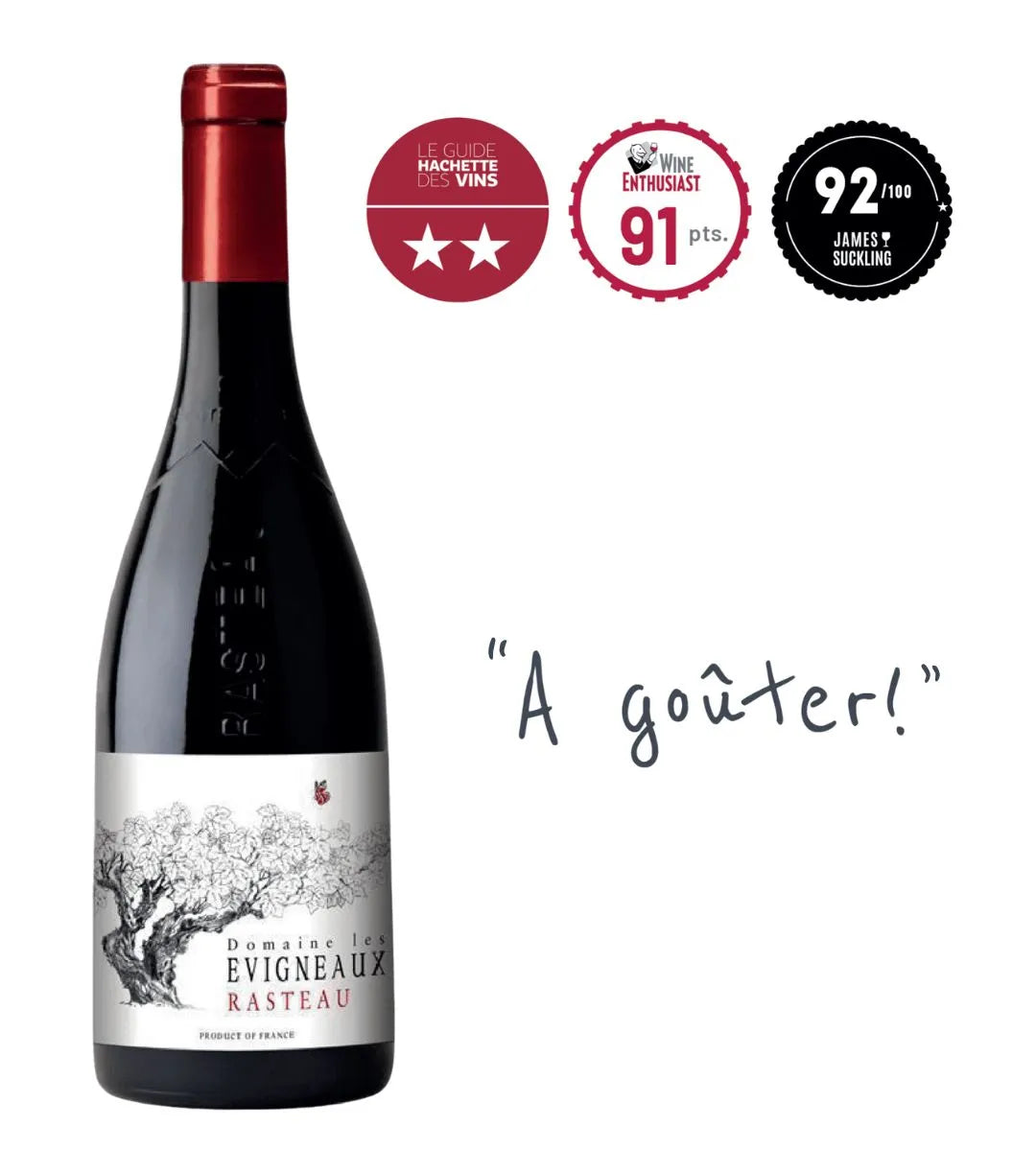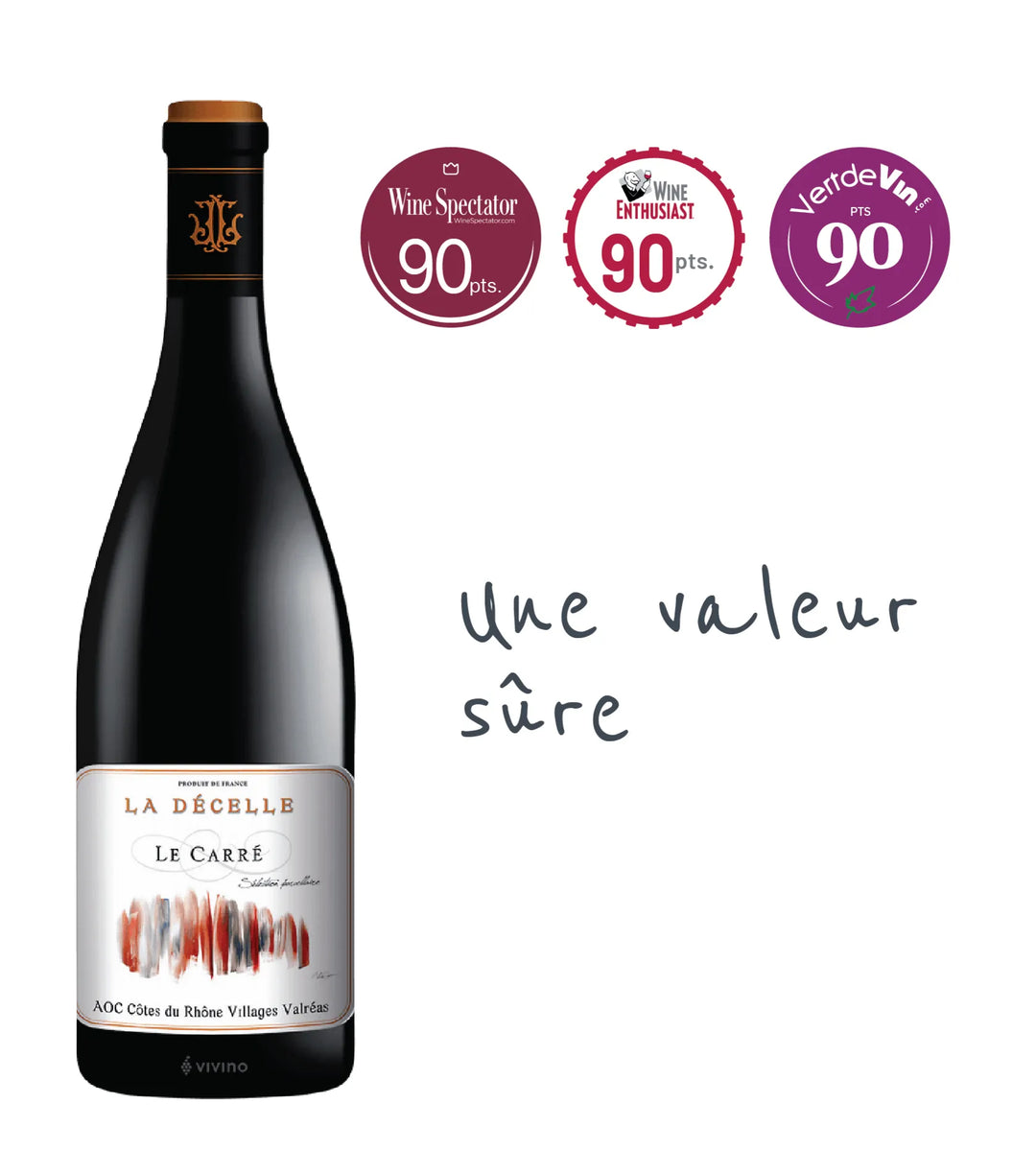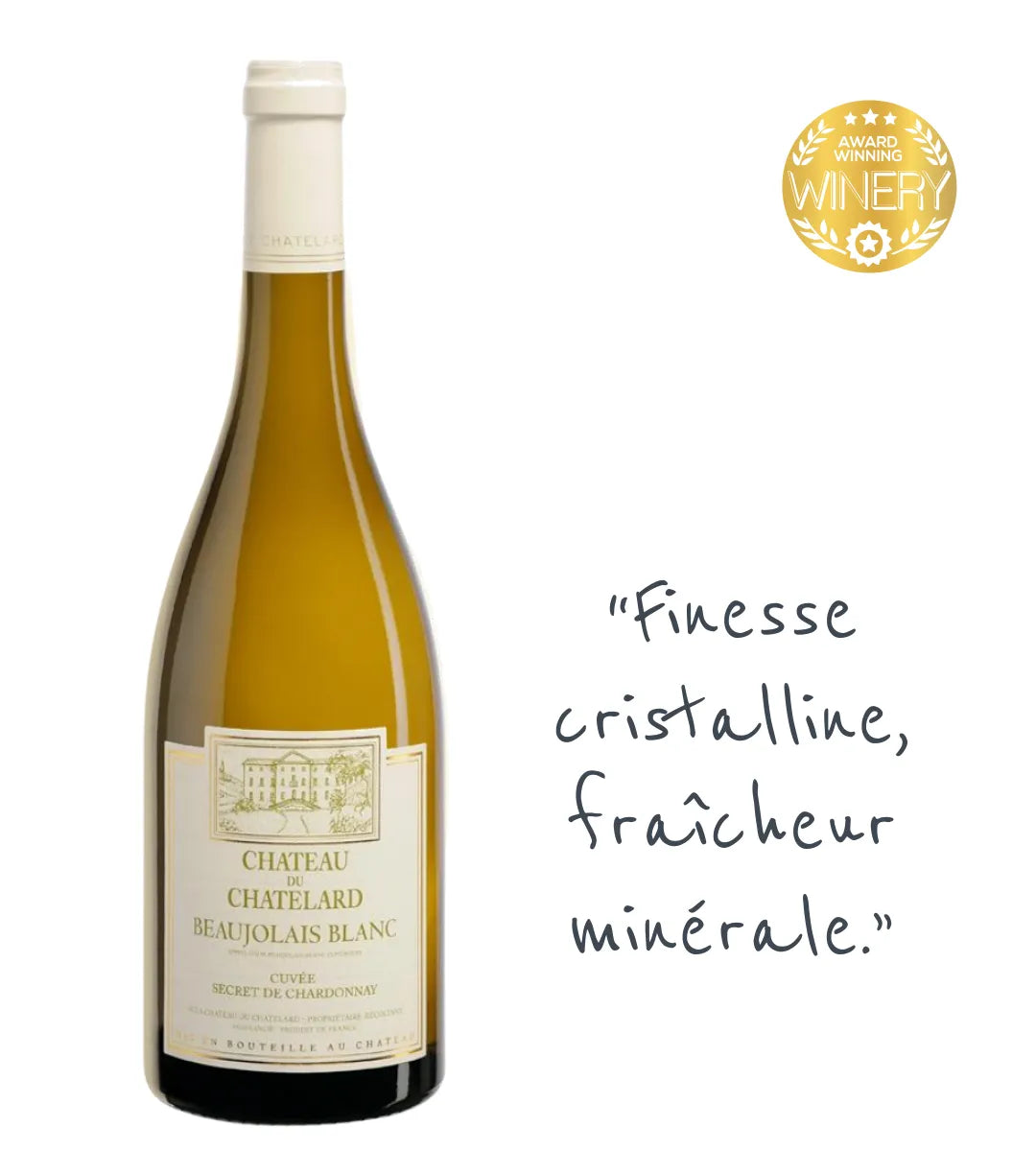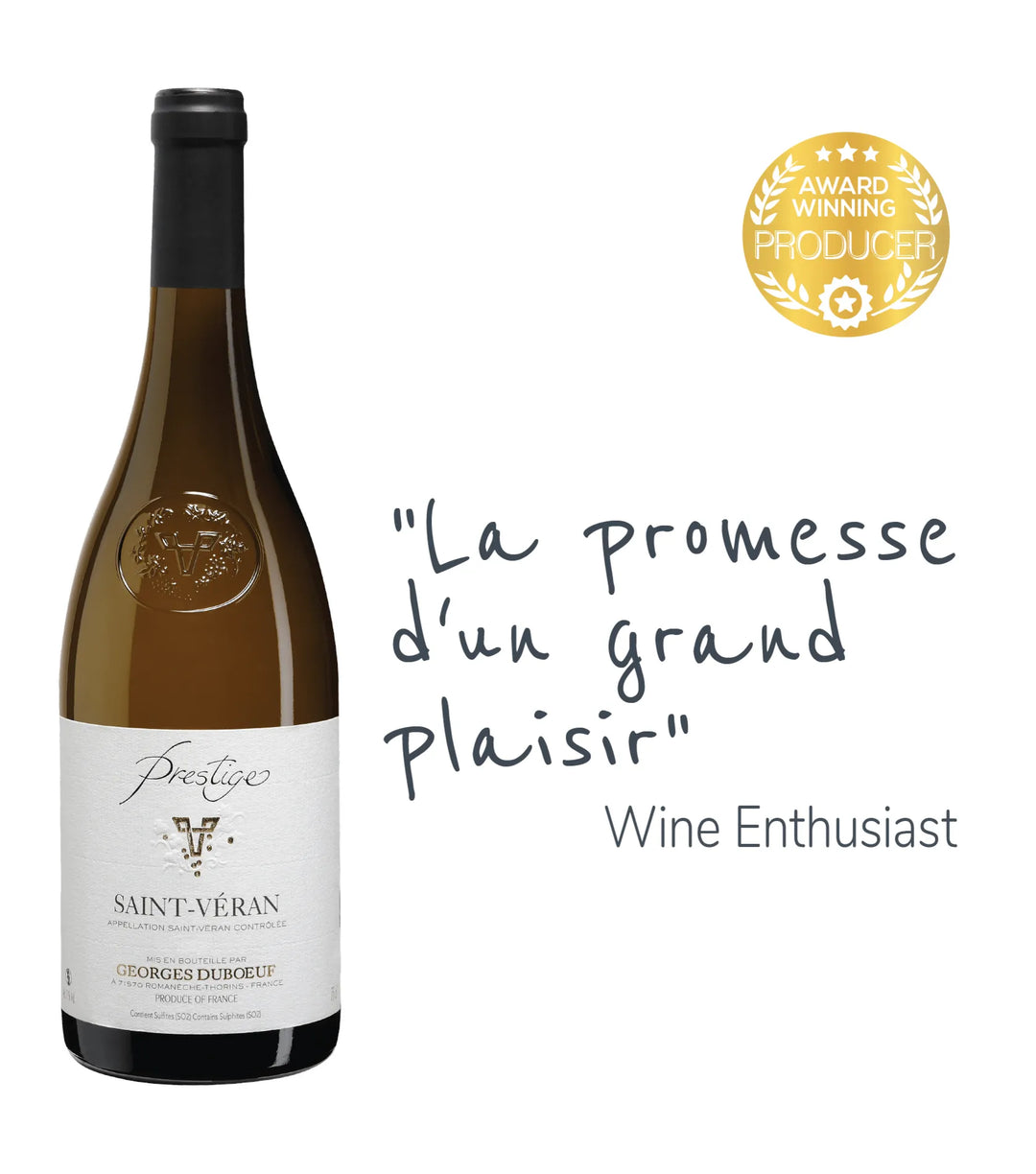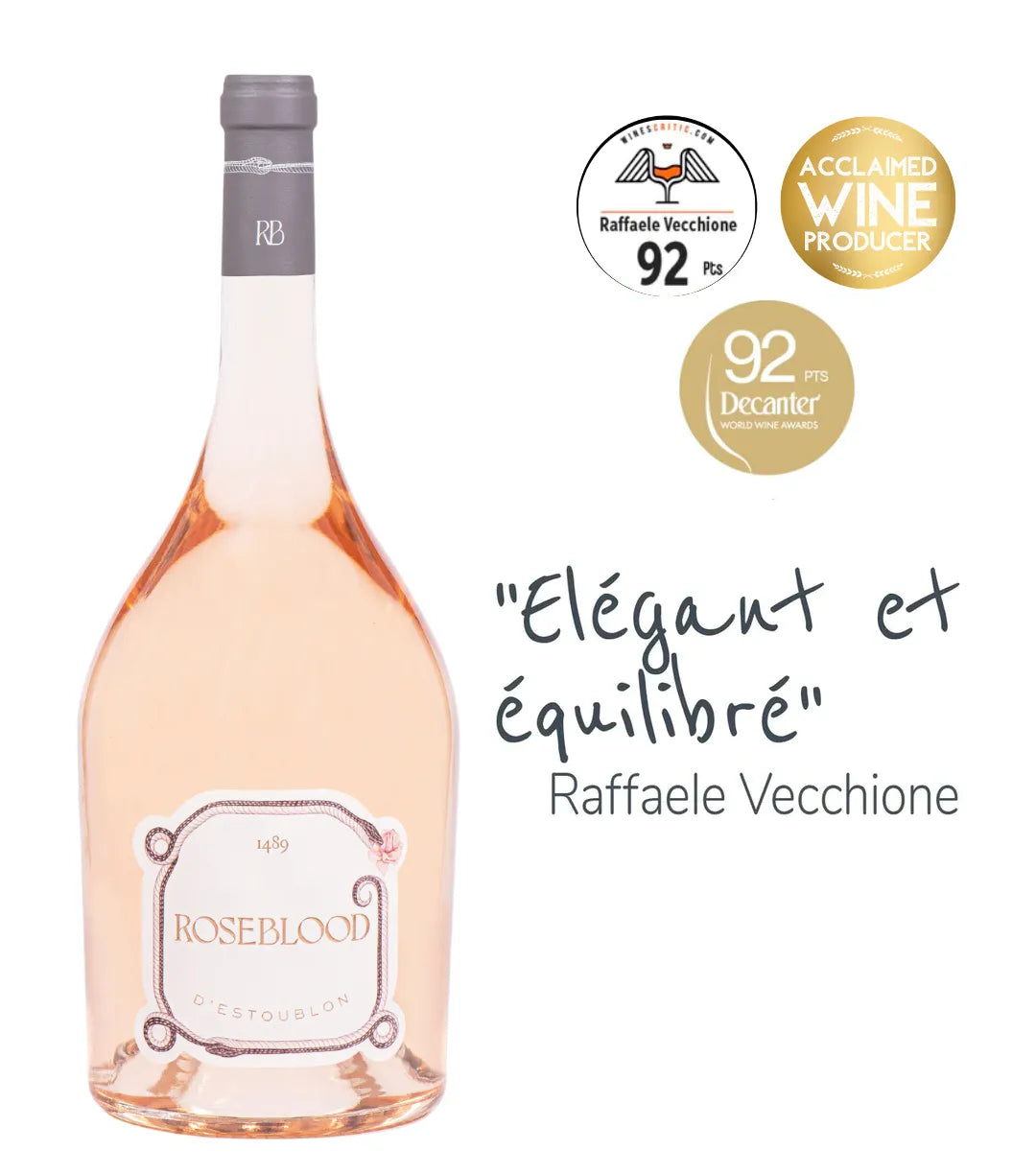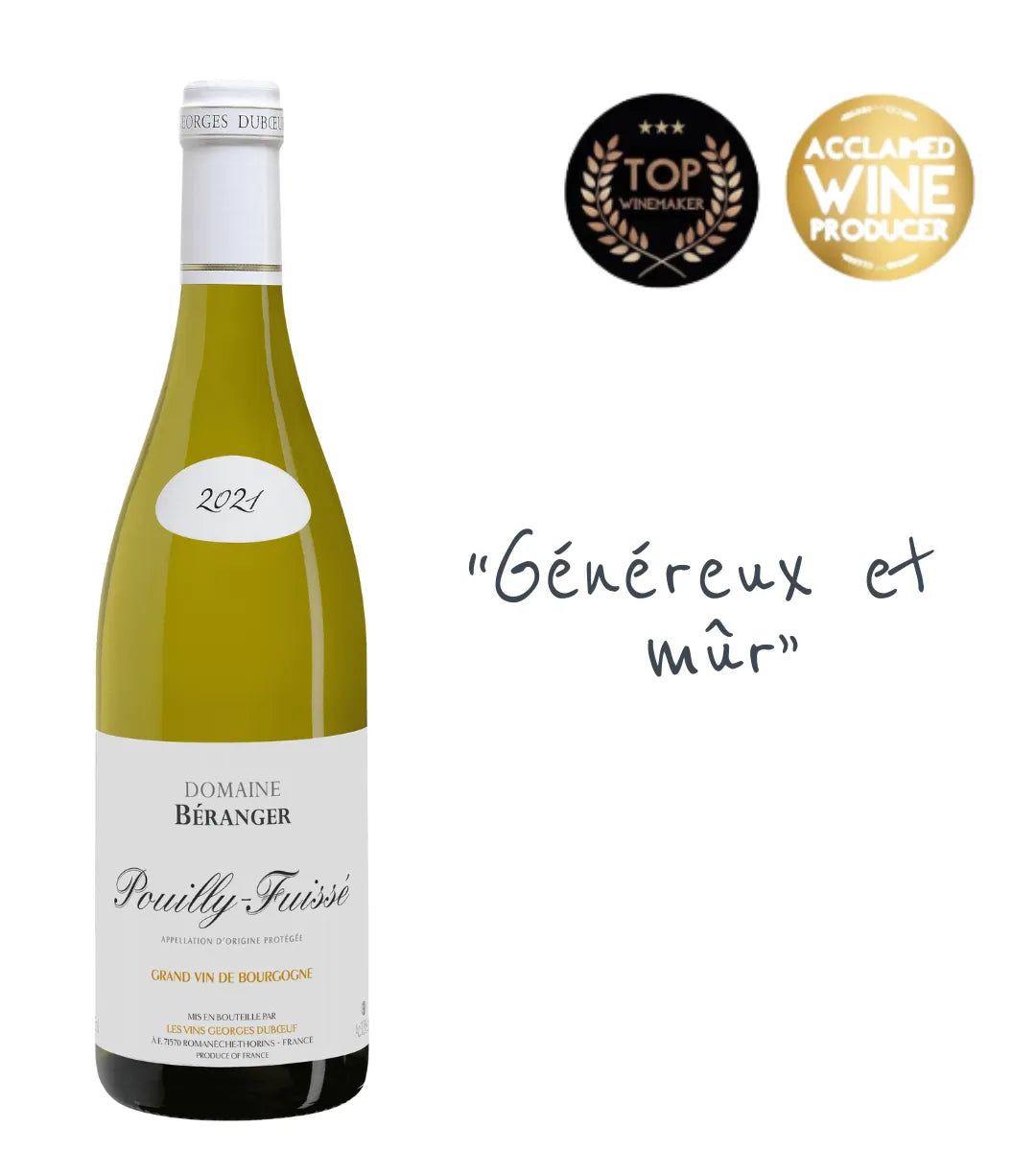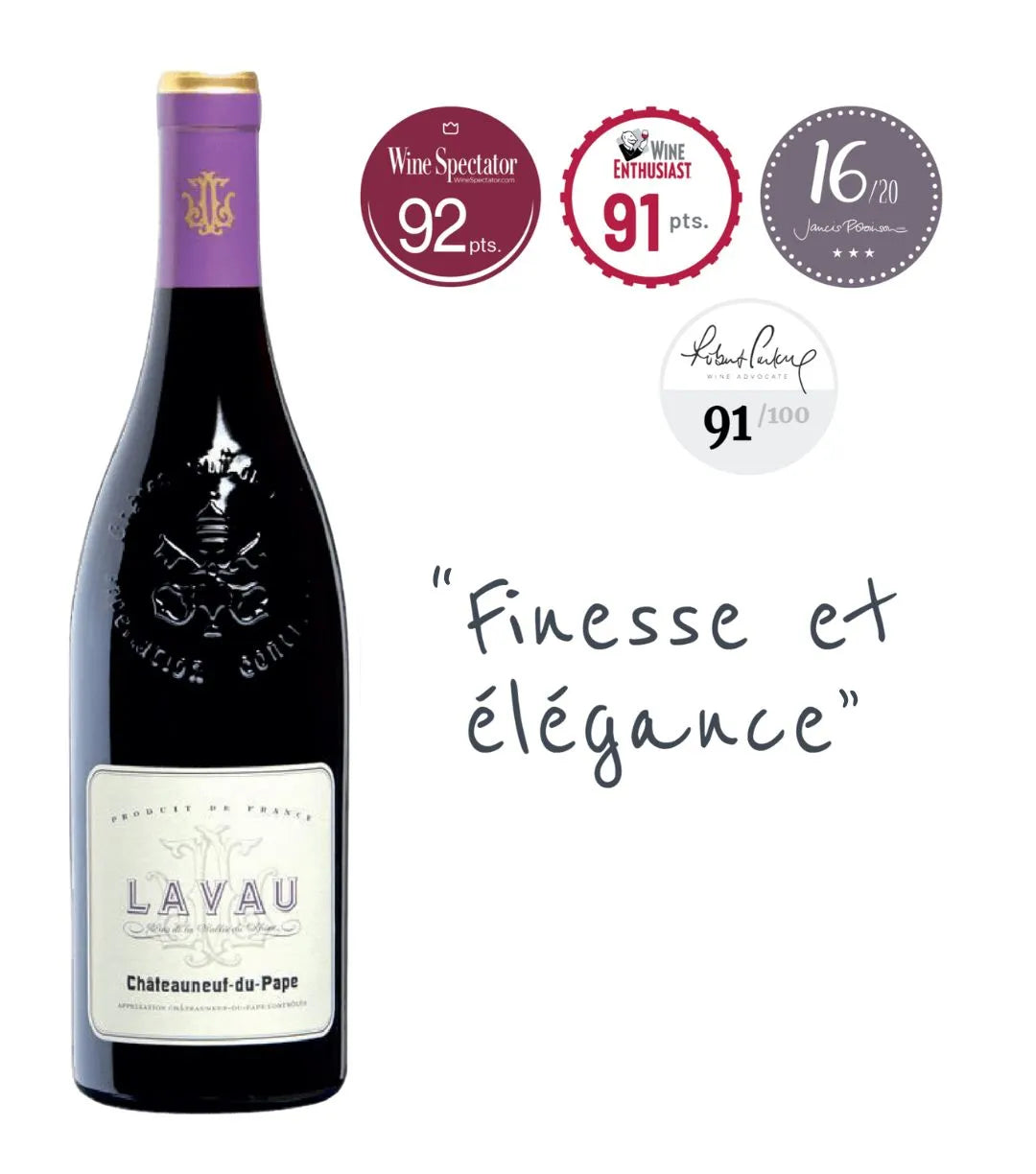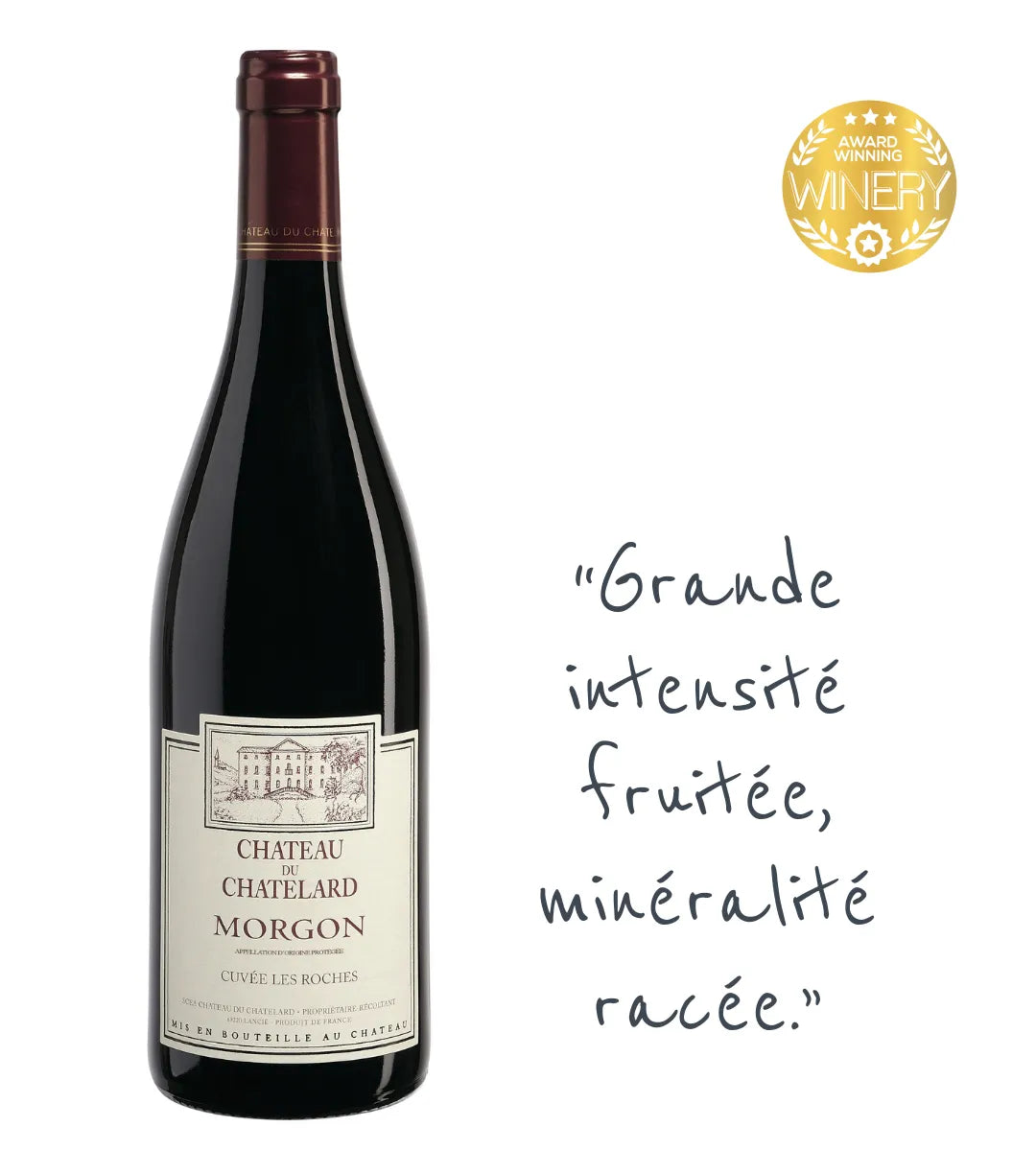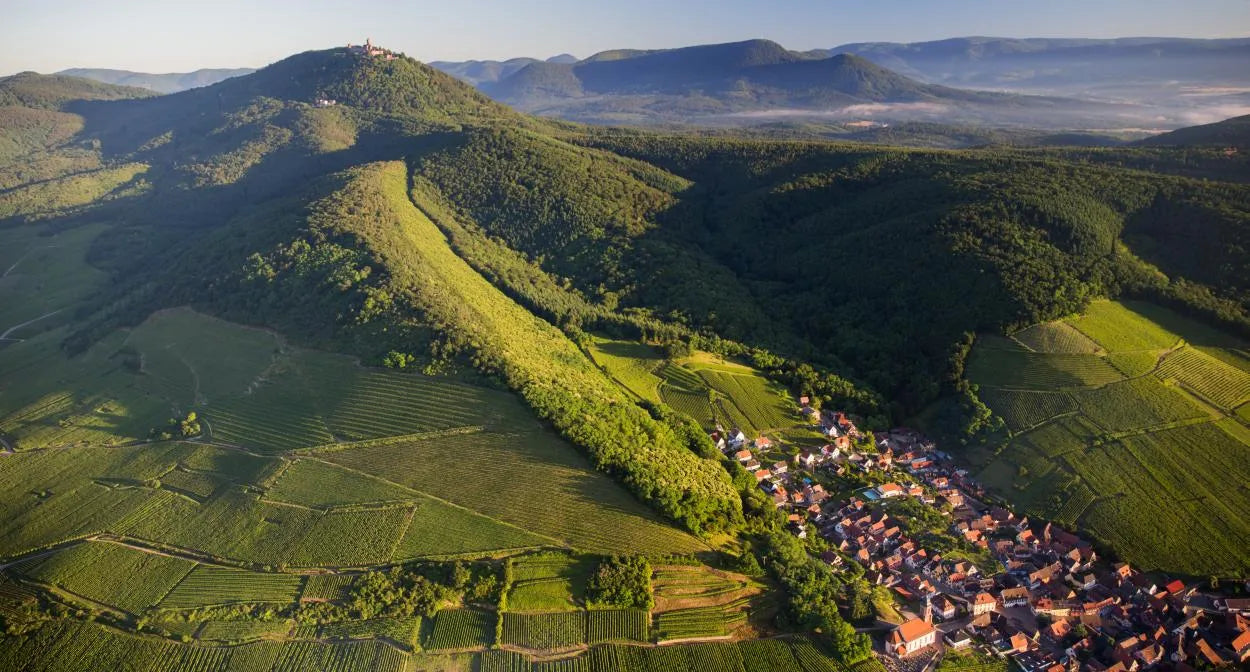
Our French Wines
Our French Wines
Ah, France! Land of terroir, good living, and great wine. From Burgundy Pinot Noir to Bordeaux reds, explore a selection of French wines that embody culture, gastronomy—and pure joy.

Champagne, France

Châteauneuf-du-Pape AOC Rhône, France
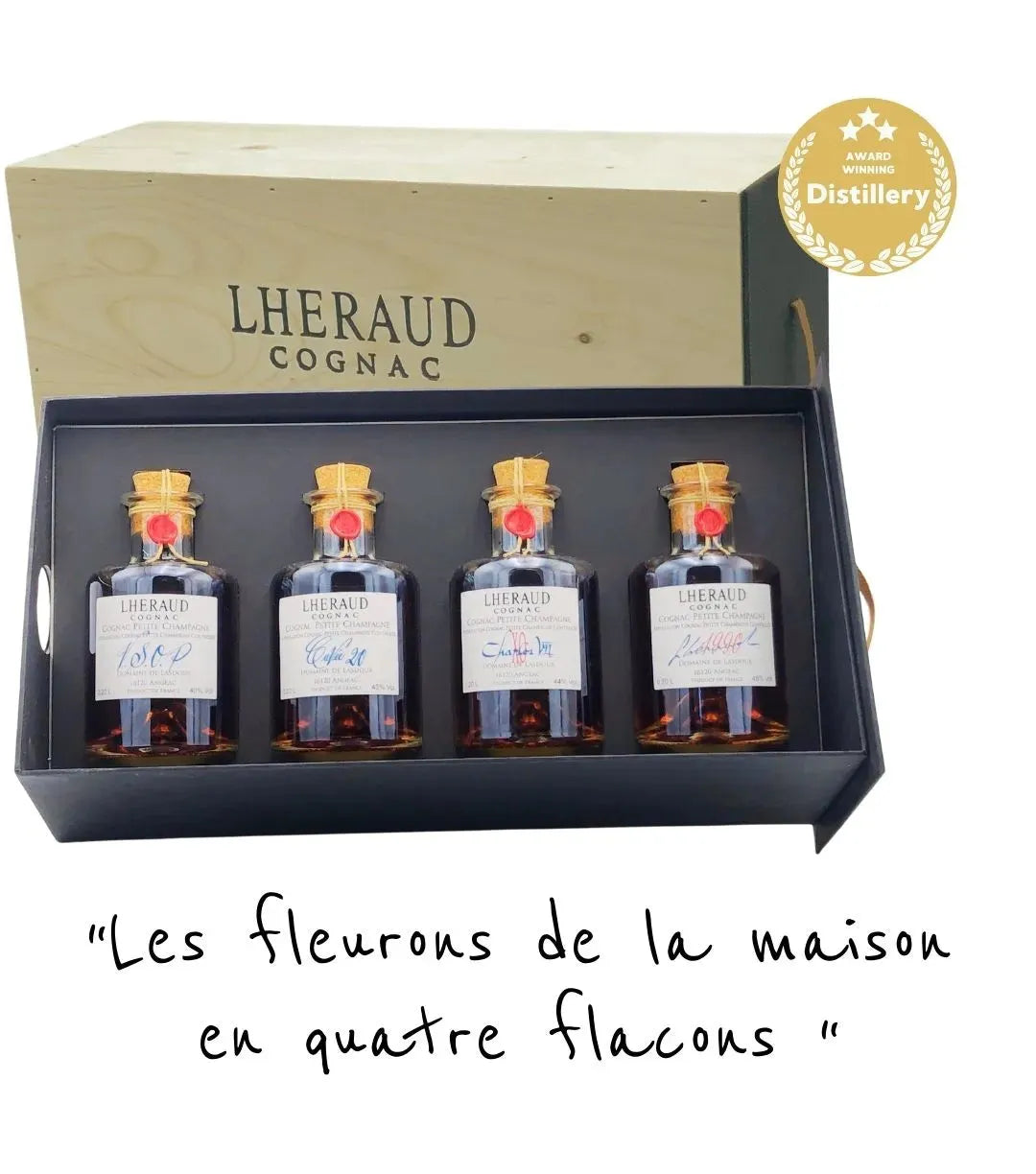
AOC Cognac Nouvelle Aquitaine, France
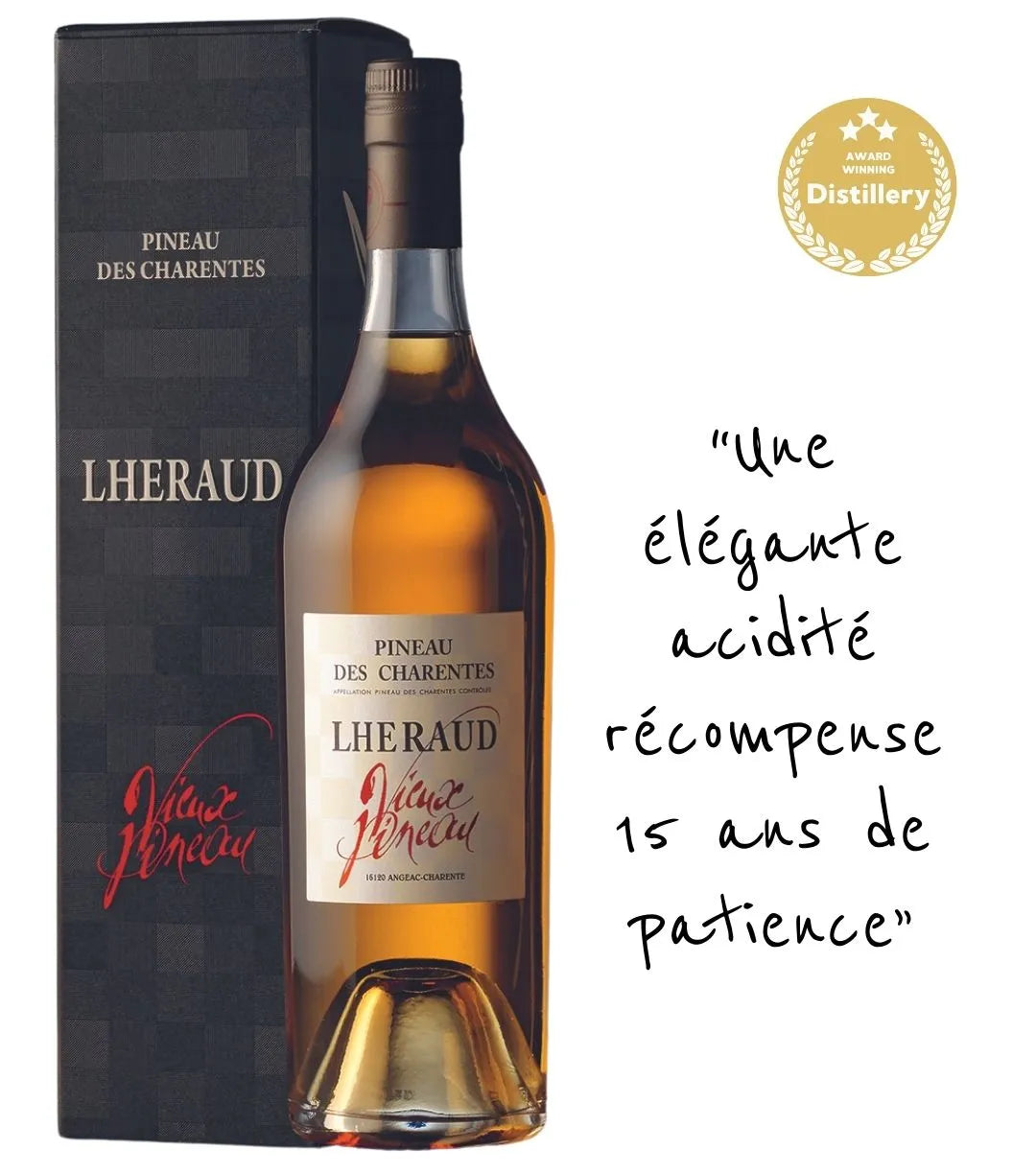
AOC Pineau des Charentes Nouvelle Aquitaine, France

Champagne AOC Champagne, France

AOC Cognac Nouvelle Aquitaine, France

AOP RIVESALTES Roussillon, France
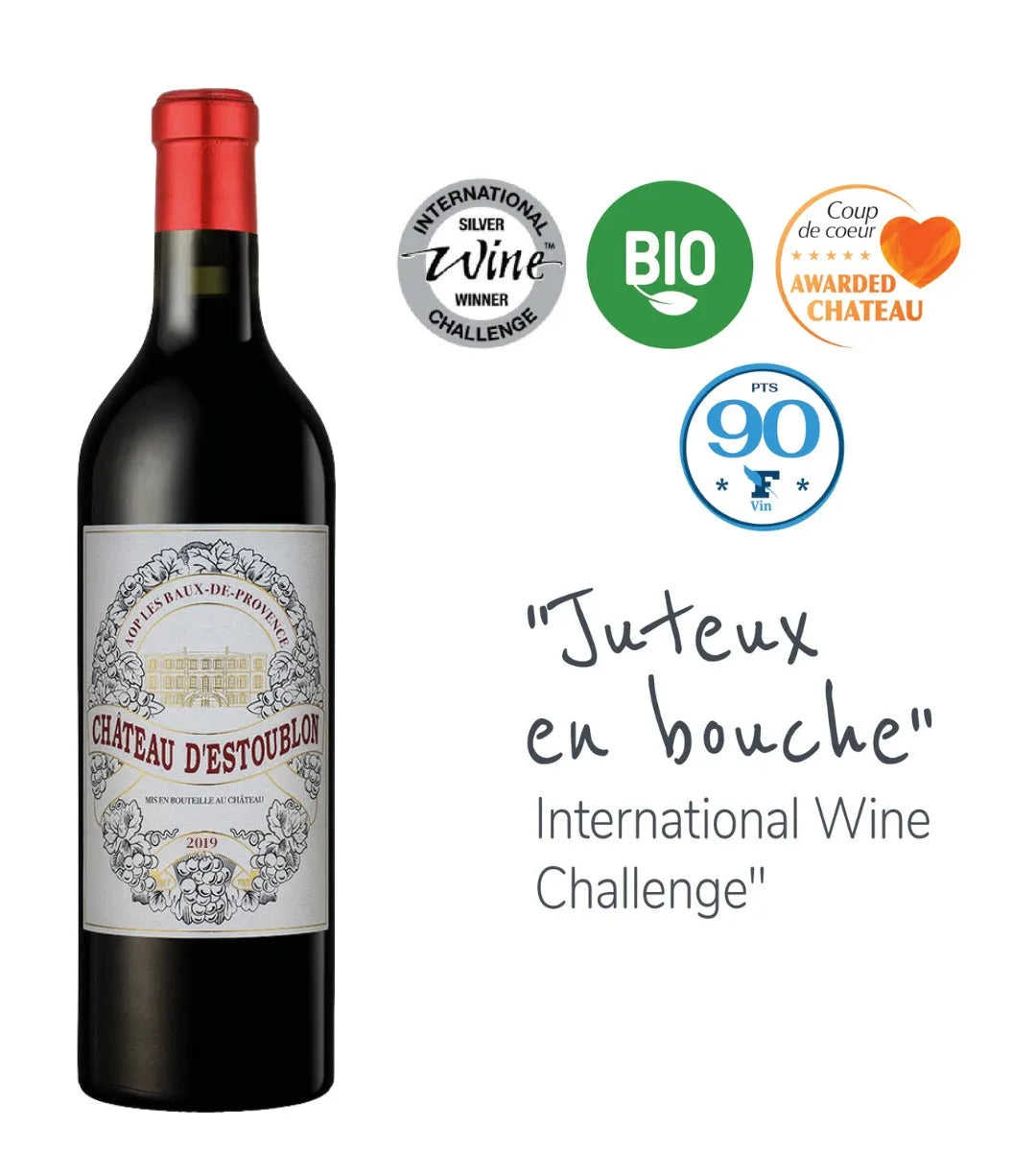
AOP LES BAUX DE PROVENCE Provence , France

Baux de Provence AOC Provence, France
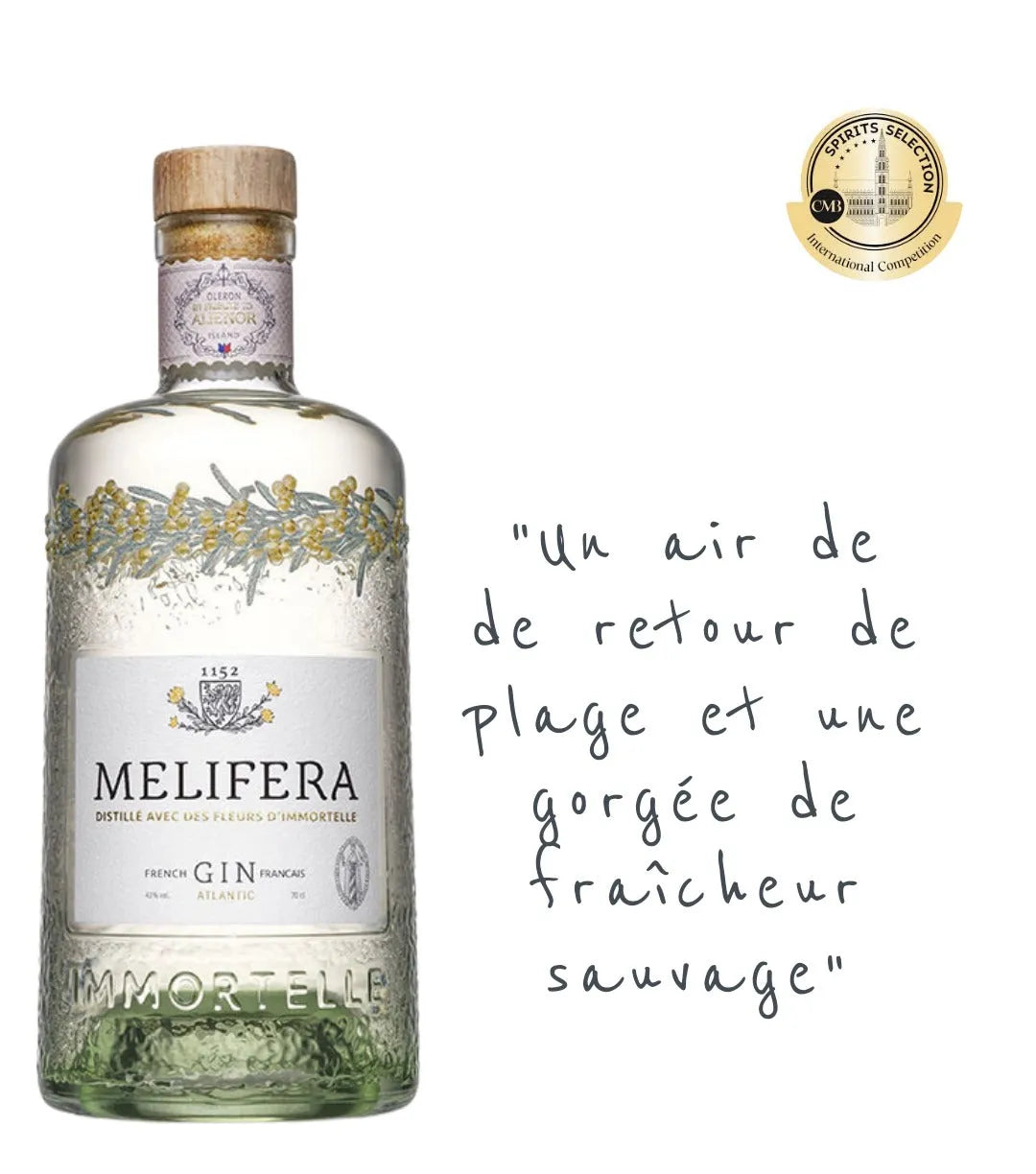
Île d'Oléron, France

AOP MAURY Roussillon, France

Côtes du Rhône Villages AOC Rhône, France

Champagne AOC Champagne, France

Corse, France

Gigondas AOC Rhône, France
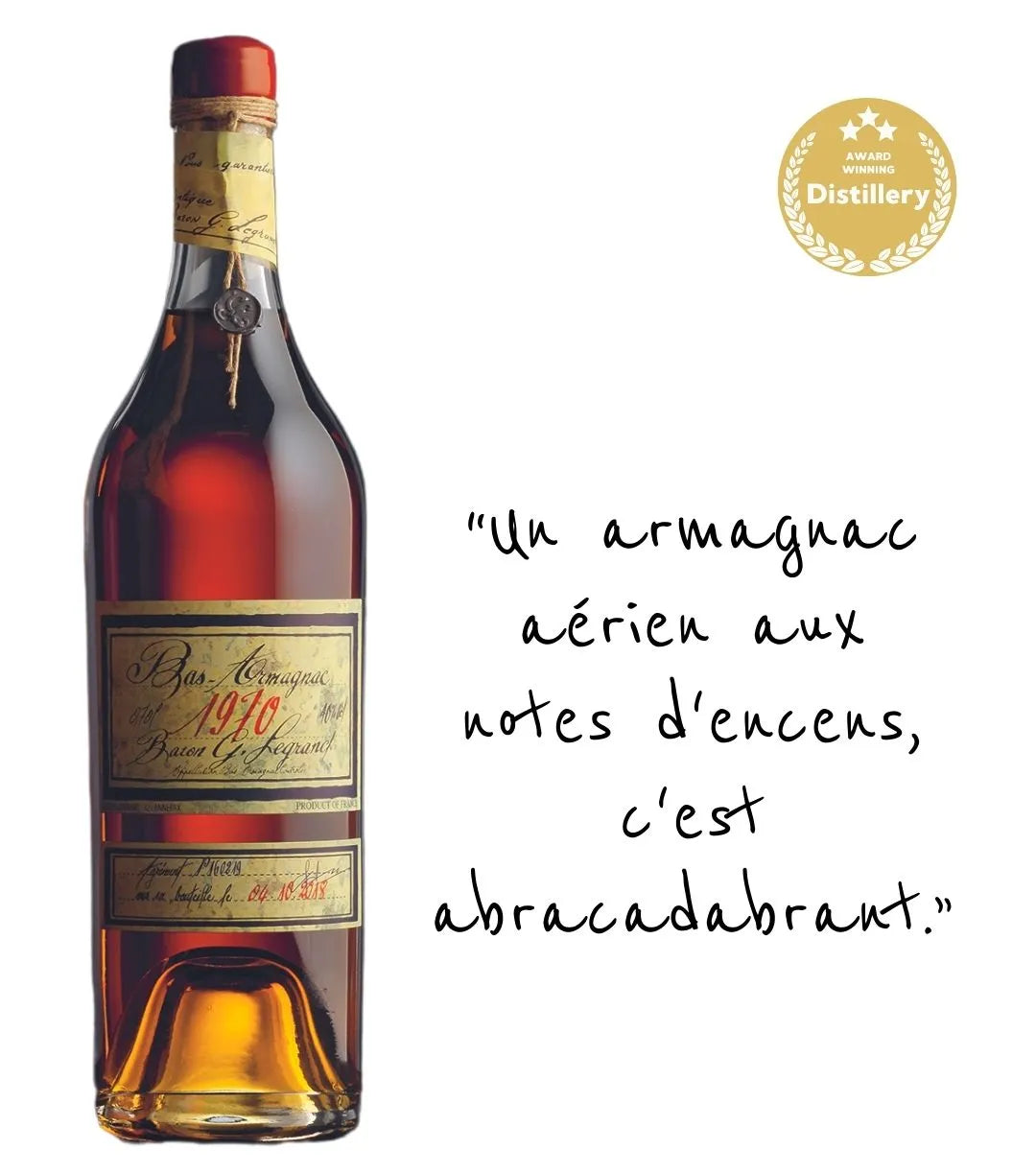
AOC Bas-Armagnac Gascogne, France

AOC Champagne Champagne, France

AOC Cognac Nouvelle Aquitaine, France
Our French Wines
French wine is renowned for its exceptional quality and diversity, and it is a true testament to the country's rich viticultural heritage. While Bordeaux and Burgundy are often the most celebrated regions, France is home to a plethora of wine-producing areas, each with its unique terroirs and appellations. Our curated collection of fine wines aims to showcase the breadth and depth of French wine regions, offering a taste of the country's finest terroirs and varietals.
Pouilly-Fuissé and Maury: Two Treasures of French Terroirs
When it comes to French wines, Bordeaux and Burgundy are often the first regions that come to mind, renowned for their history and exceptional wines.
Pouilly-Fuissé, from Burgundy's Mâconnais, exemplifies the region's expertise with Chardonnay. Grown in limestone-rich soils and a moderate climate, Pouilly-Fuissé wines boast vibrant acidity, complex minerality, and delicate notes of citrus, apple, and white flowers. They perfectly reflect Burgundy's skill in crafting elegant white French wines, ideal for pairing with seafood, poultry, and creamy cheeses.
Another famous French wine is Maury, from the Roussillon region. Crafted primarily from Grenache grapes and fortified to enhance richness, Maury wines epitomize the finest French dessert wines. They enchant with flavors of dark fruits, chocolate, and spices, offering a decadent treat that pairs exquisitely with desserts, blue cheeses, or enjoyed on their own.
The Main French Wine Regions
Located in the northeast of France, the Champagne region is famous for its sparkling wines. It distinguishes itself with chalky soils that ensure perfect drainage and optimal thermal regulation. The cool climate of the region is ideal for growing Chardonnay, Pinot Noir, and Pinot Meunier, the three main grape varieties used in Champagne.
Situated in central-eastern France, Burgundy is a prestigious wine region renowned for its Pinot Noir and Chardonnay wines. Its famous "climats," designated as a UNESCO World Heritage site, are specific vineyard plots defined by their unique geological and climatic characteristics, offering an incredible diversity of wines.
Also, in central-eastern France, the Beaujolais region is renowned for its light and fruity red wines, primarily made from the Gamay grape. The granitic soils of the north bring freshness and liveliness to the wines, while the clay-limestone soils of the south add roundness.
Located in southwestern France, Nouvelle Aquitaine includes the famous Bordeaux vineyards. It is renowned for its blended red wines, primarily based on Cabernet Sauvignon, Merlot, and Cabernet Franc. Bordeaux's gravelly soils are ideal for these grape varieties, allowing for slow ripening and concentration of aromas.
The Rhône Valley, situated in southeastern France, is divided into two distinct regions: the north, where Syrah reigns supreme, and the south, dominated by blends of Grenache, Syrah, and Mourvèdre. The varied soils, ranging from granite to rounded pebbles, combined with a hot and sunny climate, contribute to the diversity and quality of Rhône wines.
Provence-Alpes-Côte d'Azur, also located in southeastern France, benefits from a Mediterranean climate and diverse soils. This region produces wines with complex and intense aromas, with the rosés from the Côte d'Azur particularly renowned for their freshness and finesse.
Provence, another region in southeastern France, is known for its elegant rosé wines and powerful red wines. The soils, ranging from limestone to clay, and the warm and sunny Mediterranean climate, favor the production of aromatic and well-structured wines.
Understanding Terroir and Appellation
The concept of terroir is fundamental to understanding French wines. Terroir refers to the unique combination of geographical factors, including soil, climate, topography, and human influence, that shape the characteristics of a wine. French winemakers believe that terroir imparts distinct qualities to their wines, making each bottle a true reflection of its origin.
An appellation is a legally defined and protected geographical indication used to identify where the grapes for a wine were grown. France's appellation system, known as Appellation d'Origine Contrôlée (AOC), ensures that wines labeled with a specific appellation adhere to strict regulations regarding grape varieties, production methods, and quality standards. This system guarantees that consumers experience the authentic expression of a wine's terroir.




